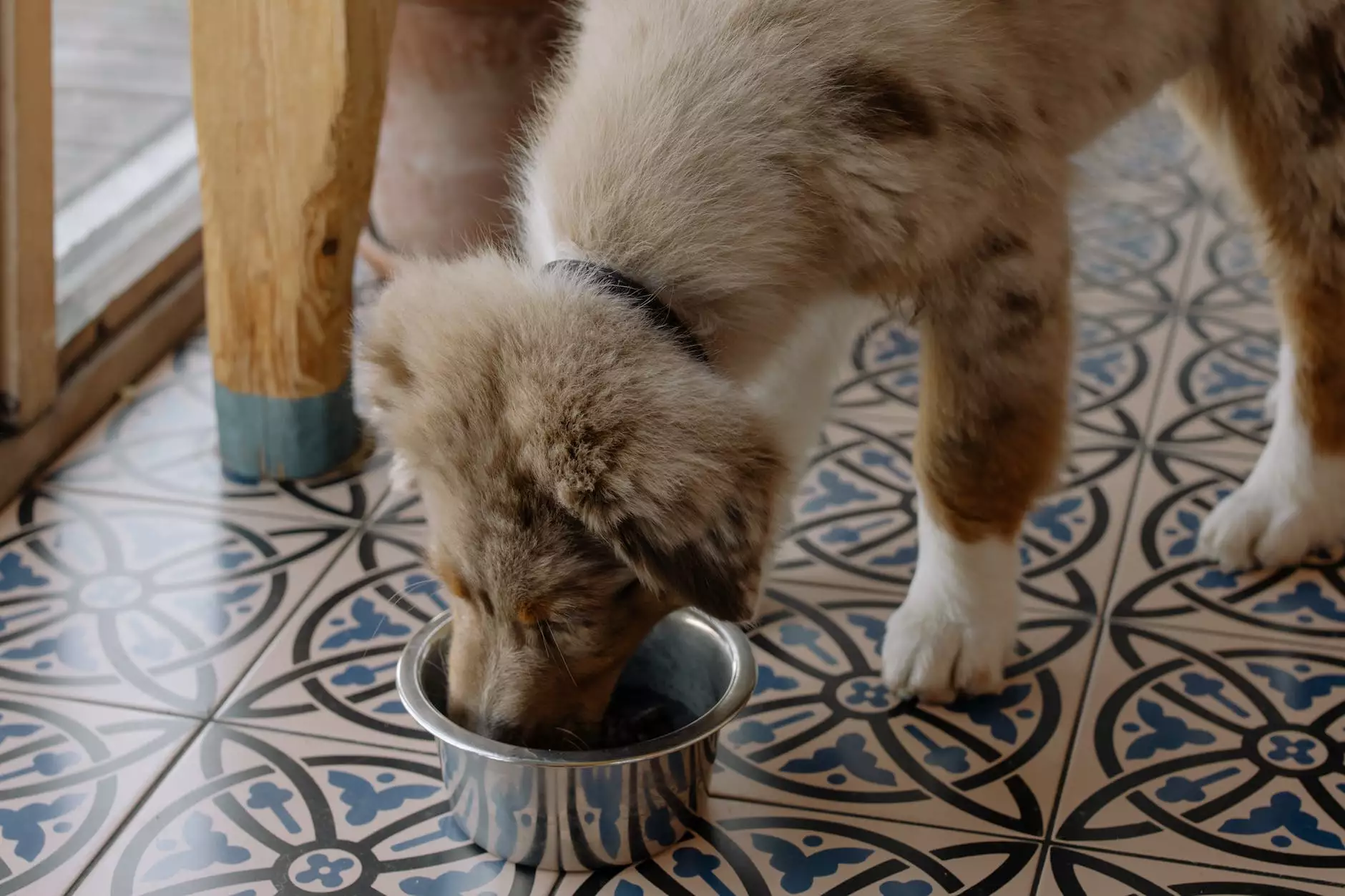Pet Poisoning
Services
Understanding Pet Poisoning
Pets are curious creatures, and it's often their inquisitive nature that leads to unfortunate incidents of poisoning. As responsible pet owners, it's crucial to be aware of the potential dangers lurking in our homes and surroundings. Pet poisoning refers to the ingestion or exposure to toxic substances that can harm our beloved furry companions.
Types of Pet Poisons
There is a wide range of substances that can be harmful or fatal to pets. It's essential to be vigilant and safeguard our homes accordingly. Some common pet poisons include:
- Household Chemicals: Cleaning products, pesticides, and antifreeze are examples of household chemicals that can be toxic to pets.
- Human Medications: Many medications that are safe for humans can be dangerous for pets. Keep them securely out of reach.
- Plants and Flowers: Certain plants like lilies, tulips, and azaleas can be toxic to pets if ingested.
- Foods: Chocolate, grapes, onions, and xylitol (found in some sugar-free products) are just a few examples of human foods that can be poisonous to pets.
- Outdoor Hazards: Insecticides, fertilizers, and toxic plants commonly found in gardens or yards can pose a significant risk to pets.
Recognizing Symptoms of Pet Poisoning
Identifying the signs of pet poisoning is crucial for prompt action. Symptoms may vary depending on the type and amount of toxin ingested. Common signs of pet poisoning include:
- Vomiting and Diarrhea: Any sudden or severe gastrointestinal distress should be taken seriously.
- Loss of Appetite: If your pet refuses to eat or shows a sudden lack of interest in food, it may be a sign of poisoning.
- Lethargy and Weakness: Unusual fatigue and weakness could indicate a toxic exposure.
- Excessive Salivation: If your pet is drooling excessively, it may be a sign of poisoning.
- Seizures: Seizures or tremors require immediate veterinary attention and may indicate a severe poisoning event.
What to Do in Case of Pet Poisoning
If you suspect that your pet has ingested a toxic substance, it's crucial to act quickly:
- Stay Calm: Keep calm to ensure you can make clear decisions and provide appropriate care for your pet.
- Identify the Toxin: If possible, identify the potential poison to help your veterinarian determine the best course of action.
- Contact Your Veterinarian: Immediately contact your veterinarian or an emergency pet clinic for guidance. They can provide specific instructions based on the type of poison and your pet's situation.
- Follow Medical Guidance: Administer any first aid measures or treatments recommended by your veterinarian only. Avoid home remedies as they may worsen the situation.
- Prevent Future Incidents: Take precautions to prevent future cases of pet poisoning. Store toxic substances securely, be mindful of potential hazards, and keep all medications out of reach.
Regency Square Care Center: Your Partner in Pet Health Care
At Regency Square Care Center, we understand the importance of providing comprehensive health care for geriatric and aging pets. Our team of experienced veterinarians and support staff is dedicated to ensuring your pet receives the highest quality care.
With a focus on prevention, we offer education and resources to help pet owners like you prevent pet poisoning and other health concerns. We believe in building strong relationships with our clients and their pets, ensuring personalized care and tailored treatment plans.
Trust Regency Square Care Center to be your partner in safeguarding your pet's well-being. Contact us today to schedule an appointment or to learn more about our services.










